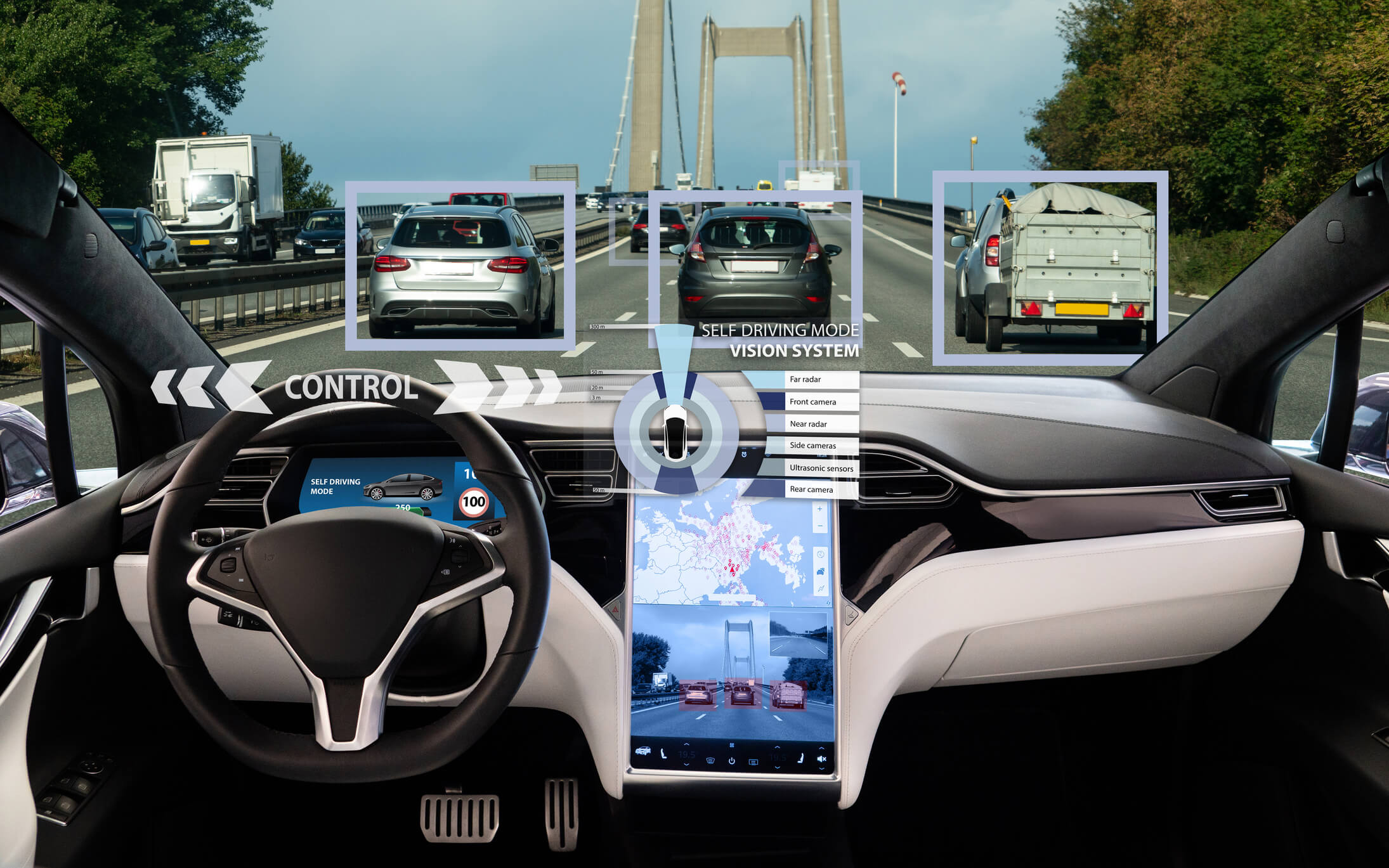Autonomous vehicles (AVs) do not belong to science fiction anymore. They are here, and they will reshape our daily commute. But what happens when something goes wrong? Passenger rights in these events are at the forefront of this new frontier.
Can you imagine swapping insurance information with software instead of another driver? This scenario and many like it continue to unfold. While many questions remain, this article aims to demystify how the law looks at these scenarios currently.
This article is your guide to how to start navigating this unexplored terrain. Read on as we analyze the current statutes, insurance complications, and emerging efforts to define your entitlements.
Understanding Autonomous Vehicles
The dawn of autonomous vehicles (AVs) marks a revolution in transportation and how we interact with the world. They perform all driving tasks without human input using sensors, cameras, and artificial intelligence.
The Society of Automotive Engineers (SAE) has defined five levels of autonomy. It ranges from Level 0, where the human driver controls the vehicle at all times, to Level 5. This top tier means the AV operates independently under all conditions. Most AVs on the road today hover between Level 2 and Level 3. They can handle some tasks but still require human oversight.
Trials and deployments of these vehicles have become more common around the world. However, full integration into everyday life remains a work in progress. Regulatory bodies continue to wrestle with integrating AVs into the current traffic ecosystem. Additionally, manufacturers continue to refine their systems for better performance and reliability. While there is promise to them, the reality is a complex patchwork of progress and challenges.
This shift from driver responsibility to system accountability raises profound questions. The driver’s decisions in traditional vehicles are the primary variables in accidents. But the focus shifts to the vehicle’s programming for AVs. The decision-making algorithms and the reliability of its sensors are crucial concerns.
Passenger Rights: The Traditional View
The rights of passengers are well-charted territory in the realm of conventional vehicles. There are decades of legal precedent and regulatory frameworks to examine. For instance, the primary focus is on the actions of the drivers. Three of the most essential questions to answer are:
- Who failed to signal?
- Who was speeding?
- Who has direct liability for property damage and injuries?
Passengers usually have the right to seek recourse through insurance claims or personal injury lawsuits. These traditional avenues provide a transparent path to compensation. However, this established legal bedrock does not exist for autonomous vehicles.
The typical scenario is to assign fault to human error, but now sophisticated algorithms enter the equation. The predictable nature of human negligence gets replaced with unpredictable technology failures. This new and evolving context means it is necessary to reexamine and redefine passenger rights.
The Complications with Autonomous Vehicles
AV incidents present a complex interplay of technological factors. The fault could lie in a line of code, malfunctioning sensors, or an error in judgment by AI. These layers of complexity make it difficult to assign liability and raise questions about whether current laws meet the challenge.
The chain of responsibility in a typical vehicle accident is relatively linear. However, the chain becomes a web for AV incidents. It entangles software developers, hardware manufacturers, and data service providers. Each component is interdependent, and a single failure can be the result of systems interacting in unforeseeable ways. Therefore, there are substantial challenges for a legal system based on direct causation.
Additionally, the definition of control gets redefined for AVs. Passengers that enter one give their fate over to the vehicle’s maneuvers. The legal implications are profound. For instance, should the software’s decisions be the “driver” in current terms? How do we address the car’s reaction to unforeseen obstacles or moral dilemmas? These are more than technicalities. They are critical issues that are at the heart of passenger rights.
Legal Framework Governing AV Accidents
Legislators and legal experts continue to grapple with how to adapt the law to AVs. The complications come from not only the technical operations but also the fundamental question of liability.
Some jurisdictions have drafted and enacted legislation that covers these unique issues. Many focus on aspects like testing requirements and insurance mandates. However, a universal framework remains elusive. This early stage of legal adaptation often means retrofitting existing laws, but that solution is far from seamless.
There is a call for proactive legislation amidst this legal flux. Advocates argue for AV-specific laws that can provide clarity and consistency. The development of these laws is a critical step to ensure protection for passengers does not become less robust.
Consult a Car Accident Attorney About AV Passenger Rights
Passenger rights in the era of AVs stand on the brink of a revolution in transportation. Advancements in technology may promise enhanced safety and efficiency. But they also demand a vigilant reexamination of the law and insurance models.
It is crucial to have legal help while navigating these uncharted territories. You can take the first step today by asking us for a referral. Our representatives will be happy to take your call 24/7 at (866) 345-6784, or you can complete this easy form!

